IF there were a competition to find the greatest Australian writer nobody’s ever heard about, the winner would probably be Randolph Stow.
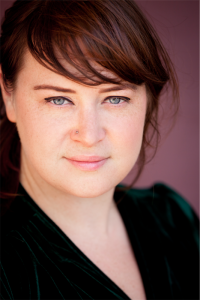
Schoolchildren may have read “The Merry-go-round in the Sea” for its depiction of a golden childhood, but the chance that they’ve heard of his symbolic, possibly greatest work, “Tourmaline” are slim.
Now Canberra playwright Emma Gibson (who originally came to Canberra from Albury at age 19 to study at ANU) has adapted the 1963 Australian classic for the stage of The Street Theatre, where it will play as a radio drama in double bill with Howard E. Koch’s original radio script, of HG Wells’ “The War of the Worlds”.
The Street’s artistic director Caroline Stacey says both are “sci-fi-futurist classics” and the venture aims to marry classic verse text with live performance.
“Tourmaline” has nothing to do with the semi-precious gemstone – it’s the name of a remote WA town, forgotten by all but the monthly supply truck. Once a prosperous gold mining settlement, the gold and the water have both long dried up.
Out of the blue, near-dead, comes messianic stranger Michael Random, who claims that he is a diviner who can find gold and water, but the cult he founds goes wrong when he finds one but not the other. All in the novel is reported by a narrator known as “the Law”.
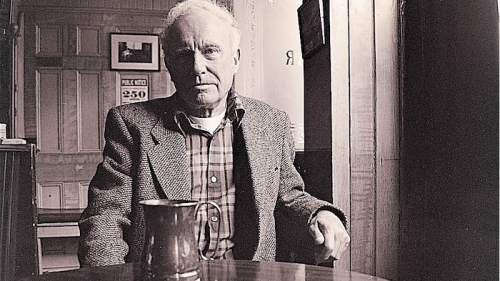
Making a play out of this epic material, playwright, poet and blogger Gibson says has been no picnic, even for a seasoned writer whose plays “Johnny Castellano is Mine” and “Widowbird” have been performed in Canberra, with other successes in London and Manchester.
To Gibson, reading “Tourmaline” was a way of “returning to Australia after two years of self-imposed exile” at Manchester Metropolitan University, where she’s just finishing a masters of creative writing and at an artist’s residency in Cadiz.
“I stumbled on the book while spending a month writing poetry in Spain,” she says, explaining how the fearful July weather there combined with the book reminded her of home.
“I read it [“Tourmaline”] twice in that month, hiding away from the afternoon sun, because the images it conjured up were so strong, even though it was not a part of Australia I knew.”
She quotes from Stow: “It is a town of corrugated iron, and in the heat the corrugations shimmer and twine, strangely immaterial. This is hard to watch, and the glare of the stony ground is cruel.”
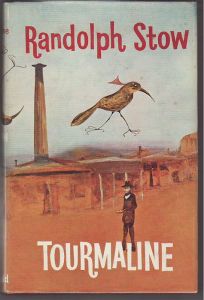
Gibson was riveted. Although Stow intended it to be set in the future, there was much of the past and present, too.
“I kept thinking this is very Australian… in notes to myself I said: ‘Adapt this book’.”
Stow’s ecstatic style appealed to her but Gibson, noting that a WA production some years ago had done it as an epic, decided “there were two ways – either the epic or to hone in on character and plot… I had to break the back of it”.
“I analysed the novel and asked myself, does the Law influence the plot?” she says.
“I removed all narration, it’s a literary device that doesn’t transfer to the stage, I decided to kill off the Law.”
Gibson noted that Stow had worked in Aboriginal communities, seen in his book “To the Islands”, so made Deborah, the 18-year-old part-Aboriginal wife of the local publican, her main focus.
“It was good to have a black woman as the central character rather than a white man,” she says.
In the original there are historically-used terms such as half caste, as well as dirty jokes and slights to Aboriginal people, but, she says, “of course that all comes from the blokes sitting in the pub”.
Stow’s estate (he died in 2010) has accepted her adaptation.
“I was nervous about taking a different approach… I had to make a choice between two big themes and I thought to myself what if Randolph Stow was still around?” she says.
She prefers not to be involved in co-production and is happy to leave that side to director Adam Broinowski. “There’s a point where the script is set, you have to trust the director,” she says.
“Tourmaline Out Loud” with “The War of the Worlds”, The Street Theatre, July 7-8. Free conversation event between Caroline Stacey and Emma Gibson, 3pm, Sunday, July 8. Bookings to 6247 1223 or thestreet.org.au
Who can be trusted?
In a world of spin and confusion, there’s never been a more important time to support independent journalism in Canberra.
If you trust our work online and want to enforce the power of independent voices, I invite you to make a small contribution.
Every dollar of support is invested back into our journalism to help keep citynews.com.au strong and free.
Thank you,
Ian Meikle, editor
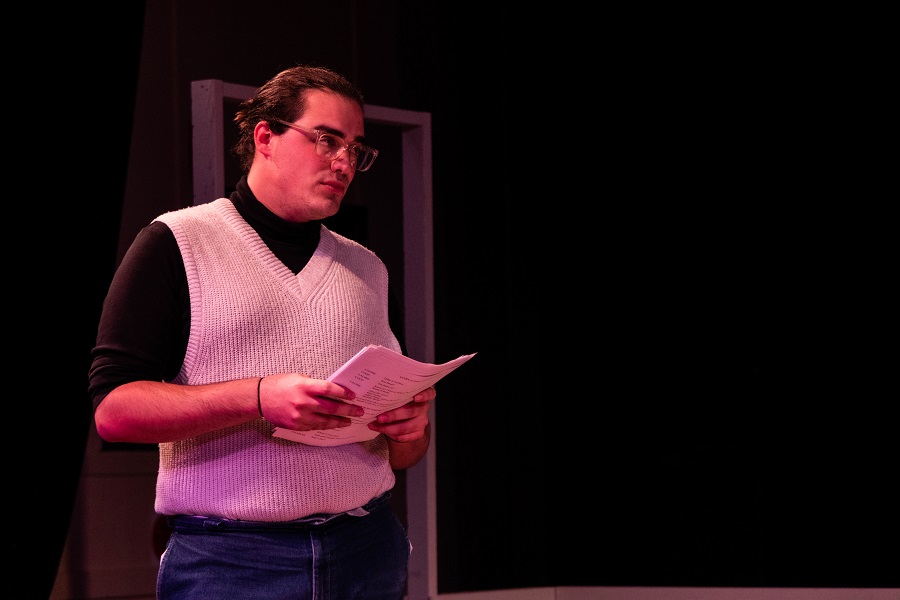
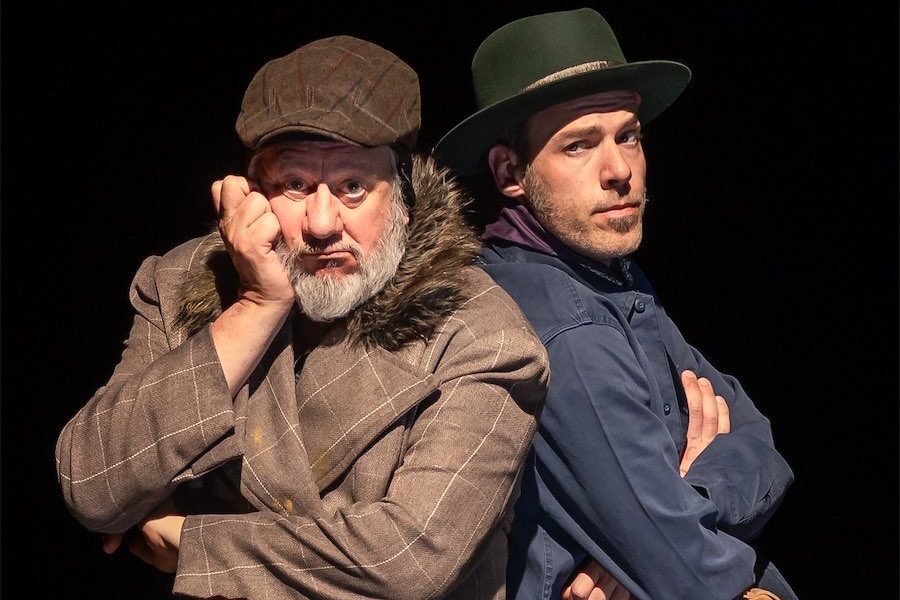
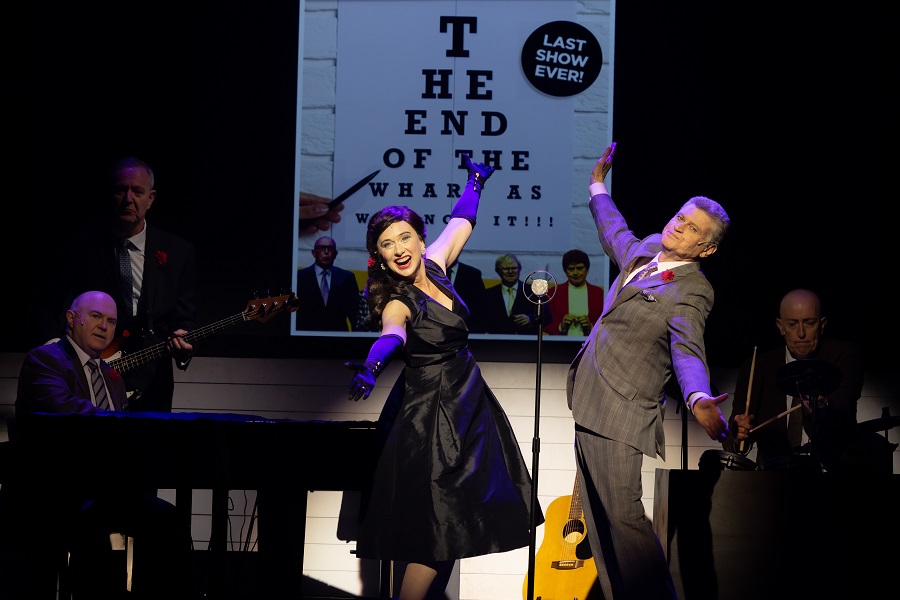

Leave a Reply